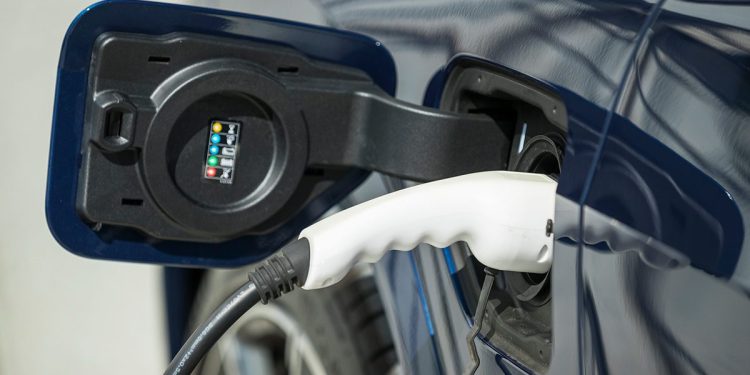Govt responds to ‘frustrated’ MIA statements, Clean Car withdrawal
Following a strongly worded press statement from the Motor Industry Association, signalling the group’s withdrawal of support of the Clean Car Standard, the government has issued response via Transport Minister Michael Wood.
Wood exclaimed surprise at the call, questioning the MIA’s decision given that the group (which represents the country’s new-vehicle distributor network) has never necessarily supported the Clean Car Standard’s established targets to begin with.
“I’m sure they will engage constructively through the select committee process as well, although my understanding is they’ve never supported the Standard’s targets, so it’s surprising they are saying they are withdrawing support,” said Wood.
The minister disagreed with the MIA’s claims that the standard’s targets aren’t possible, referencing that other markets have already met these targets. Although, Wood didn’t acknowledge just how long it took these targets to be met or how much easier it is for the EU or Japan to control their own supply of low-emissions vehicles. The MIA notes that the Clean Car Standard asks the industry to lift its emissions game by 40 per cent in just five years.
“The New Zealand 2025 target has already been met in some other jurisdictions like Japan and the EU, so we know it’s achievable,” said Wood.
“The Clean Car Import Standard applies to the fleet importers bring in annually and it’s the average emissions of that fleet that’s measured. We have made adjustments to the Clean Car Import Standard to help the industry shift gears and they’ll be given flexibility by allowing them to bank, borrow and transfer achievement of the annual targets.
“In terms of the longer term targets, we’ve provided them to give the industry 5-6 years so they have more time to undertake the changes necessary to the fleet mix to decarbonise our economy and meet our climate obligations.”
Wood noted that the Clean Car Discount has already resulted in a market shift among local distributors in terms of the increase of models offered locally. He reiterated the point, too, that New Zealand does not want to be a future dumping ground for internal combustion vehicles phased out by other markets.
“It’s not correct to say they can only be met by suppliers that exclusively sell EVs. It does however rely on suppliers have an increasing proportion of EVs, or, if they don’t, trading credits with those that do. We have already seen an increase in the range of low emissions vehicles being offered and promoted in New Zealand in the first few months of the Clean Car Discount and I expect this will continue,” Wood said.
“It’s important to note that countries like the UK and Norway are banning the sale of petrol and diesel vehicles between 2025 and 2030, so we have to move quickly to stop us becoming a dumping ground for the world’s dirtiest cars.”





